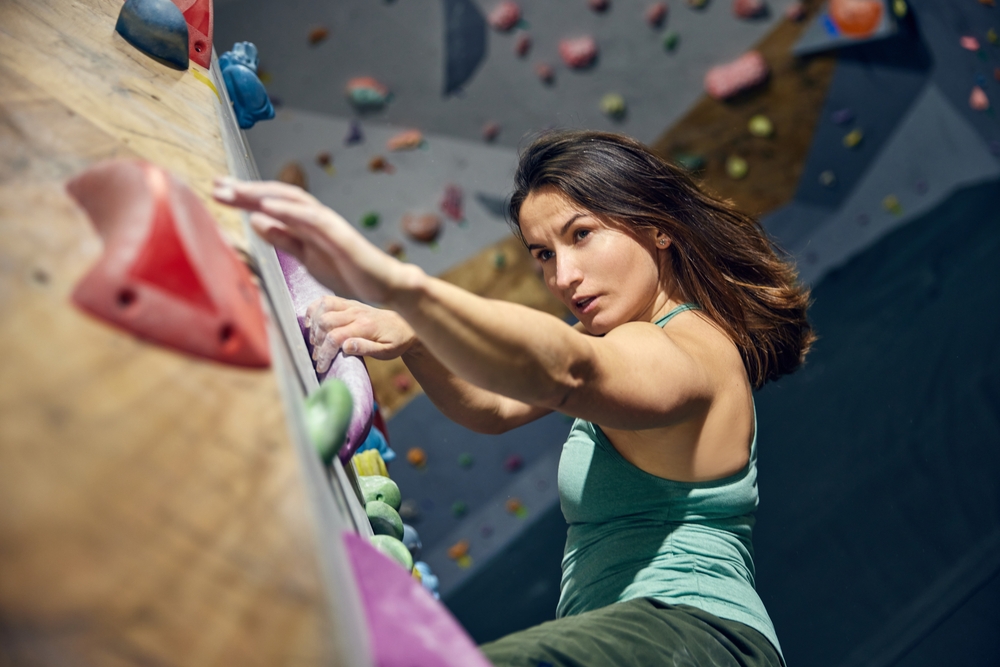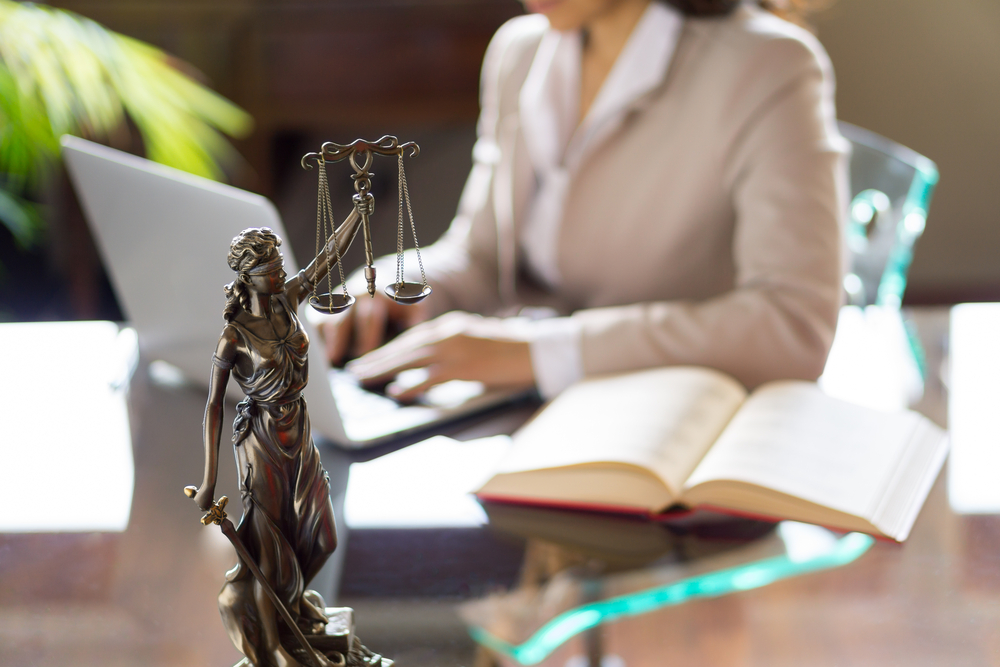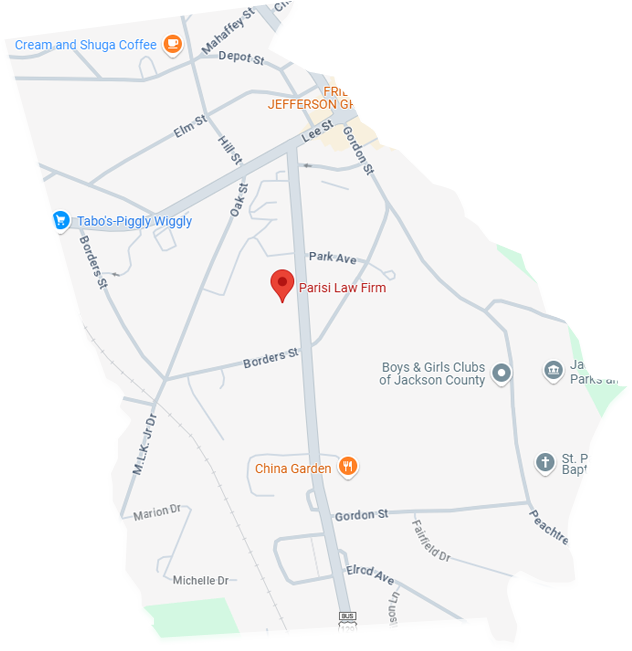Indoor rock climbing has become a favorite activity for many Georgians seeking a fun and challenging workout. A modern rock climbing gym offers a controlled environment with safety gear, trained staff, and carefully designed walls. However, serious accidents can and do happen, even when safety protocols are in place.
Accidents occur for many reasons, from equipment failure to human error. While climbing has inherent risks, that doesn’t mean the gym is automatically cleared of responsibility. When a gym’s negligence leads to an injury, the concept of liability becomes crucial. Holding a negligent gym accountable can provide the financial resources an injured climber needs to recover and move forward.
Common Causes of Rock Climbing Gym Accidents
Not every fall is just part of the sport. Many accidents are preventable and result from negligence. Understanding the cause is the first step in determining rock climbing liability.
- Faulty or poorly maintained climbing equipment: Auto-belay devices can malfunction, ropes can be frayed, and harnesses can be worn out. Gyms have a duty to inspect, maintain, and replace their equipment regularly.
- Negligent staff supervision and training: Staff members may fail to properly instruct a new climber, forget to perform a safety check, or be inattentive while supervising the facility. Inadequate training can turn an employee into a hazard.
- Unsafe climbing wall design or setup: This can include loose holds, poorly planned routes that put climbers in each other’s paths, or inadequate padding in bouldering areas.
- Slip-and-fall hazards outside climbing areas: Wet floors in locker rooms, cluttered walkways, or poorly lit stairwells can cause injuries just as serious as a fall from a wall. Property owners are responsible for keeping their entire premises safe.
Understanding Rock Climbing Gym Liability
In personal injury law, “liability” refers to legal responsibility. For a rock climbing gym, this means it has a duty to provide a reasonably safe environment for its patrons. If the gym breaches that duty through a careless or wrongful act, it can be held liable for the injuries that result.
A gym can be held responsible when it knew, or should have known, about a dangerous condition and failed to fix it. This could be a broken auto-belay system they didn’t repair or an employee they didn’t properly train. The key is proving that the gym’s negligence directly caused your injury.
Most climbers are familiar with the liability waivers they must sign before climbing. These contracts are designed to protect the gym, but they are not always absolute. The specific language of the waiver and the circumstances of the accident play a huge role in whether it can be enforced.
Liability Waivers: What Climbers Should Know
When you sign a waiver at a rock climbing gym, you are acknowledging the inherent risks of the activity. However, you are not signing away all your rights.
In Georgia, liability waivers are often upheld, but they must be worded clearly and explicitly. They generally cover injuries resulting from the ordinary risks of climbing. But a waiver may not protect a gym from acts of “gross negligence.” This is a legal term for conduct that shows a reckless disregard for the safety of others.
A waiver might not be enforceable if your injury was caused by:
- Gross negligence by the gym or its staff.
- Faulty equipment the gym knew was unsafe.
- An incident unrelated to the inherent risks of climbing, like a slip and fall on a wet floor.
If you were injured at a rock climbing gym, do not assume the waiver you signed prevents you from seeking compensation. An experienced attorney can review the document and the facts of your case to determine your legal options.
Injuries in Rock Climbing Gyms
Accidents at a rock climbing gym can cause severe and life-altering injuries. These go far beyond the typical scrapes and sore muscles associated with a tough workout.
Common serious injuries include:
- Broken bones, especially in the ankles, legs, and wrists
- Spinal cord injuries
- Traumatic brain injuries (TBIs)
- Torn ligaments and tendons
- Severe joint dislocations
The consequences are not just physical. Victims often face staggering medical bills for emergency care, surgery, and rehabilitation. If you cannot work, the loss of income adds immense financial strain. A successful liability claim can provide the funds you need to cover these costs and compensate you for your pain and suffering.
Steps to Take After a Rock Climbing Gym Accident
What you do immediately following an accident can protect your health and your legal rights.
- Seek immediate medical attention: Your health is the top priority. Call for help and get a thorough medical evaluation, even if you think your injuries are minor. This also creates an official record of your injuries.
- Report the incident to the gym: Notify a manager right away. Make sure they create an official incident report and ask for a copy. Stick to the facts of what happened.
- Collect evidence and witness information: If you are able, take photos of the scene, the equipment involved, and your injuries. Get the names and phone numbers of anyone who saw the accident.
- Contact a personal injury lawyer: Before you speak to the gym’s insurance company, consult with a lawyer who understands rock climbing liability. An attorney can protect you from lowball settlement offers and handle the legal process for you.
How Parisi Law Firm Can Help
At Parisi Law Firm, we understand the devastating impact a serious injury can have on your life. We are dedicated to helping injured people in Georgia get the justice and compensation they deserve.
- Experience handling sports and gym liability cases: We have the knowledge to navigate the unique challenges of cases involving recreational facilities and liability waivers. We know what it takes to prove negligence.
- Protecting injured climbers’ rights in Georgia: We work on a contingency fee basis, which means you pay nothing unless we win your case. Because we limit our caseload, we can give your case the personal attention it deserves.
- Pursuing fair compensation: We are not afraid to take a case to trial to fight for the maximum compensation for your medical bills, lost wages, and pain and suffering.
If you were injured at a rock climbing gym, you don’t have to face the fight alone. Contact Parisi Law Firm today for a free, no-obligation consultation to discuss your case and learn how we can help. Our case reviews are free!







